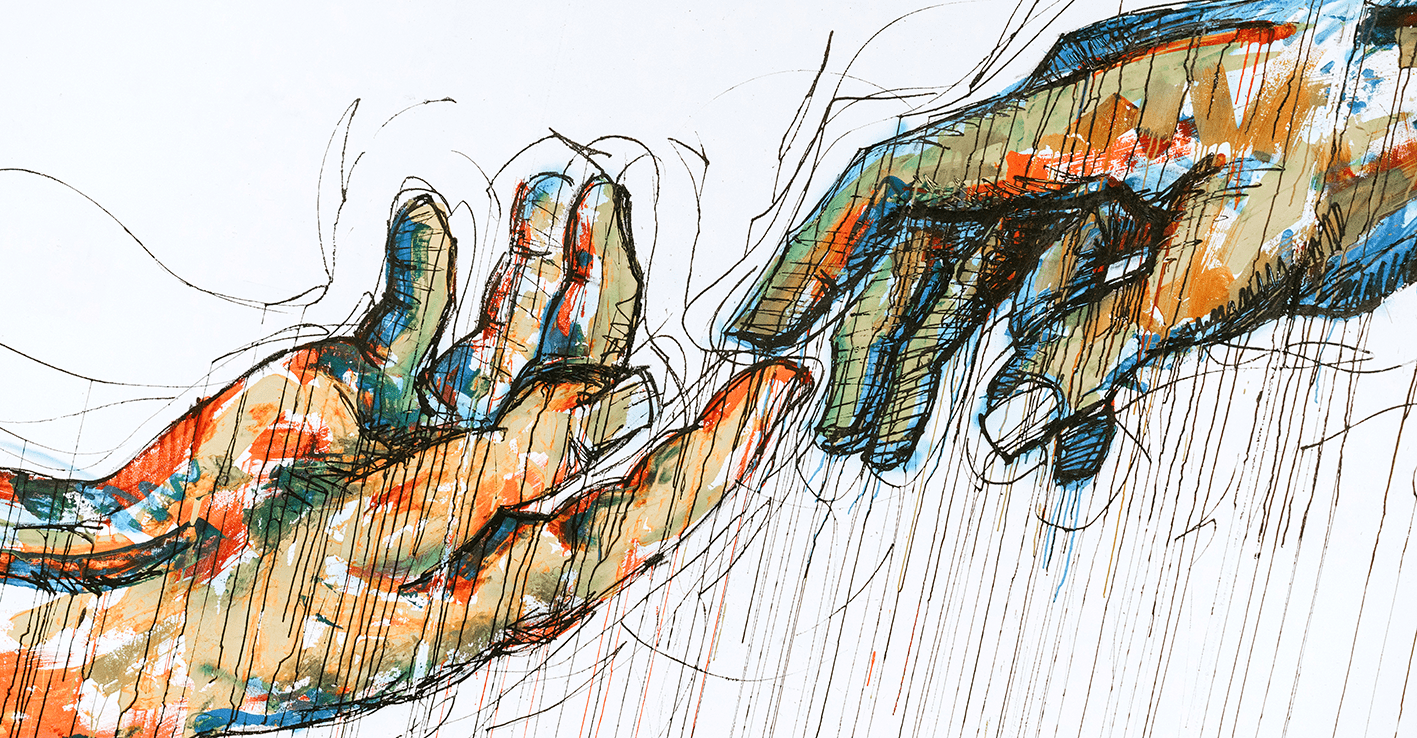What’s the difference?
Counselling
Psychotherapy
This mode of therapy is generally considered as long term, which can be anywhere from one month to several years.
With this way of working the client and therapist begin to form an enriching therapeutic working relationship, and work toward trust, congruence and a sense of oneness in order to find the causes of tension within the psyche.
Transferential feelings are active and a relational supportive psychological environment can be formed.
From this state of being unconscious feelings can be brought to light and worked with, rather than against.
Therapeutic Traditions
The history of therapy travels back in time as far back as ancient Egypt, where healing was considered an essential practice.
In more recent times Sigmund Freud's ways of therapy has become well known in the form of Psychoanalysis and the use of the therapists couch.
Freud's concept of transference and countertransference forms the backbone for many psychotherapists work in their practice, including my own.
Today this model of working is also called Person Centered Humanistic Therapy. With this form of therapy the therapist works with the client in the 'hear and now', staying with the narrative of the client, not interpreting, and avoiding transference intervention.
From the Existential tradition a person is helped to realise how they exist in the world, their relationship with themselves, their relationship to others and the world that surrounds them.
This modality finds its structures and foundations in the philosophical works of Friedrich Nietzsche, Søren Kierkegaard, John-Paul Sartre and Martin Heidegger.
More recently, and in existence, Irvin D. Yalom and Emmy Van Deurzen to name two.
Existentialism has a philosophical approach to life, which can bring reality to an individual seeking his or her truth.
In facing problematic issues and working towards transformative development, the truth of a person's world can begin to be made more understandable, and allow for accountability and responsibility in ongoing daily existence.

So what is the difference between Counselling and Psychotherapy?
Many would say there is little difference between counselling and psychotherapy; this said from a philosophical perspective and in a sense perhaps that's true. In the meeting of the client and therapist sitting together, a combination of psychological processes from both client and therapist will be present and active during the therapeutic meeting.
One could say these processes integrate to form a way and style of working covering many approaches of discovery for the client.
Psychological conditions worked with.
Abuse
Anger
Anxiety
Borderline Personality Disorder (BPD / EUPD)
Bullying
Depression
Fear
Family Issues
Grief and Loss
LGBTQIA + 🏳️🌈
Narcissism - Survivors of overt and covert dominating relationships.
Obsessive Compulsive Behaviours
Rape - Attack and Domestic
Repetitive unsettlement - Circular Thinking
Relationship problems (Marriage, Partnerships)
Self Esteem and confidence
Stress
Trauma
Work related problems

